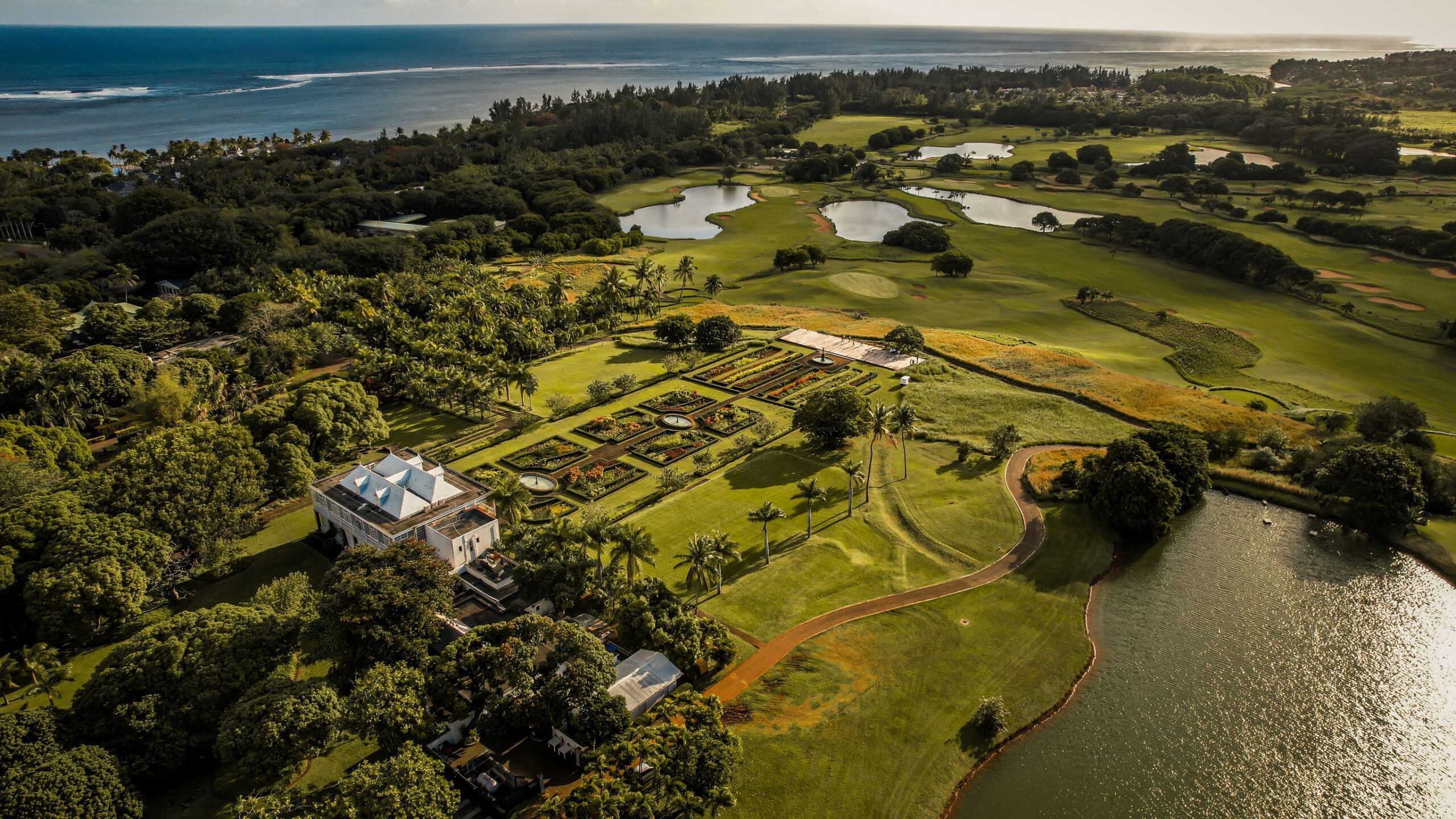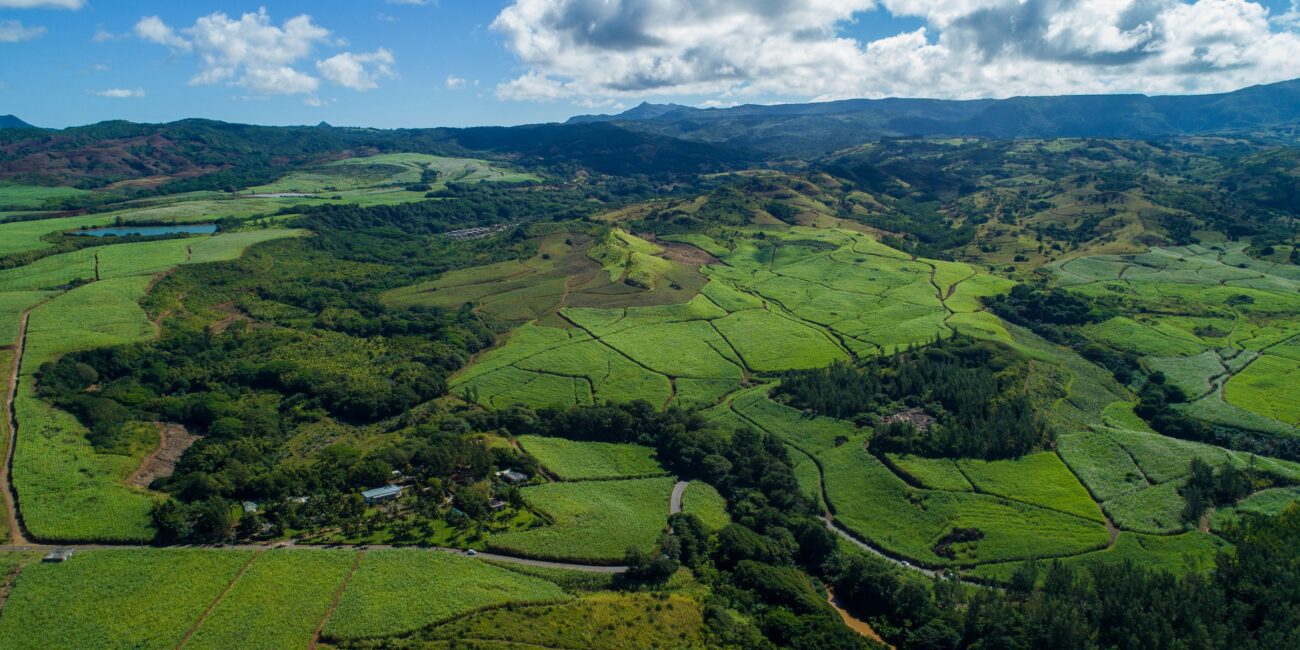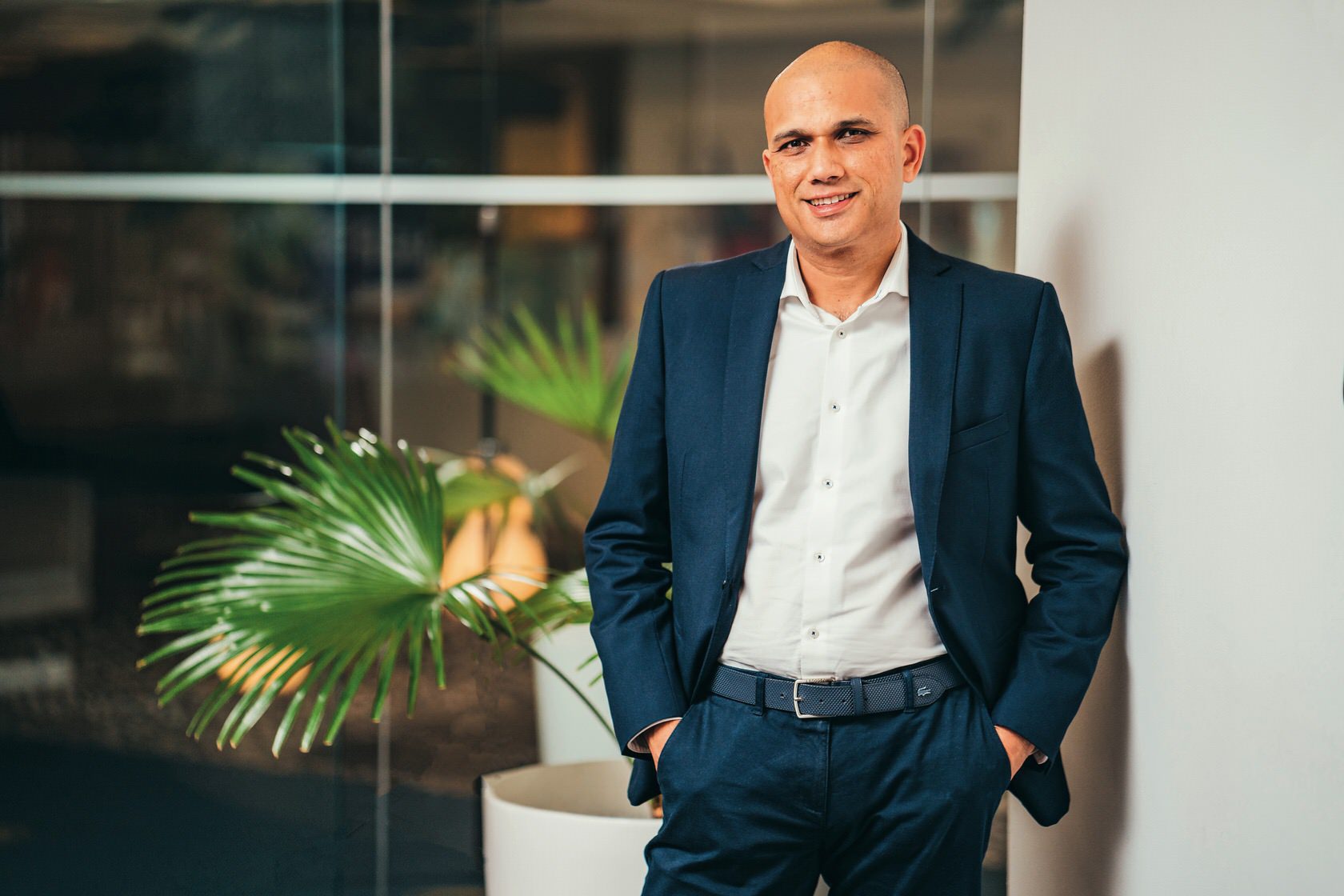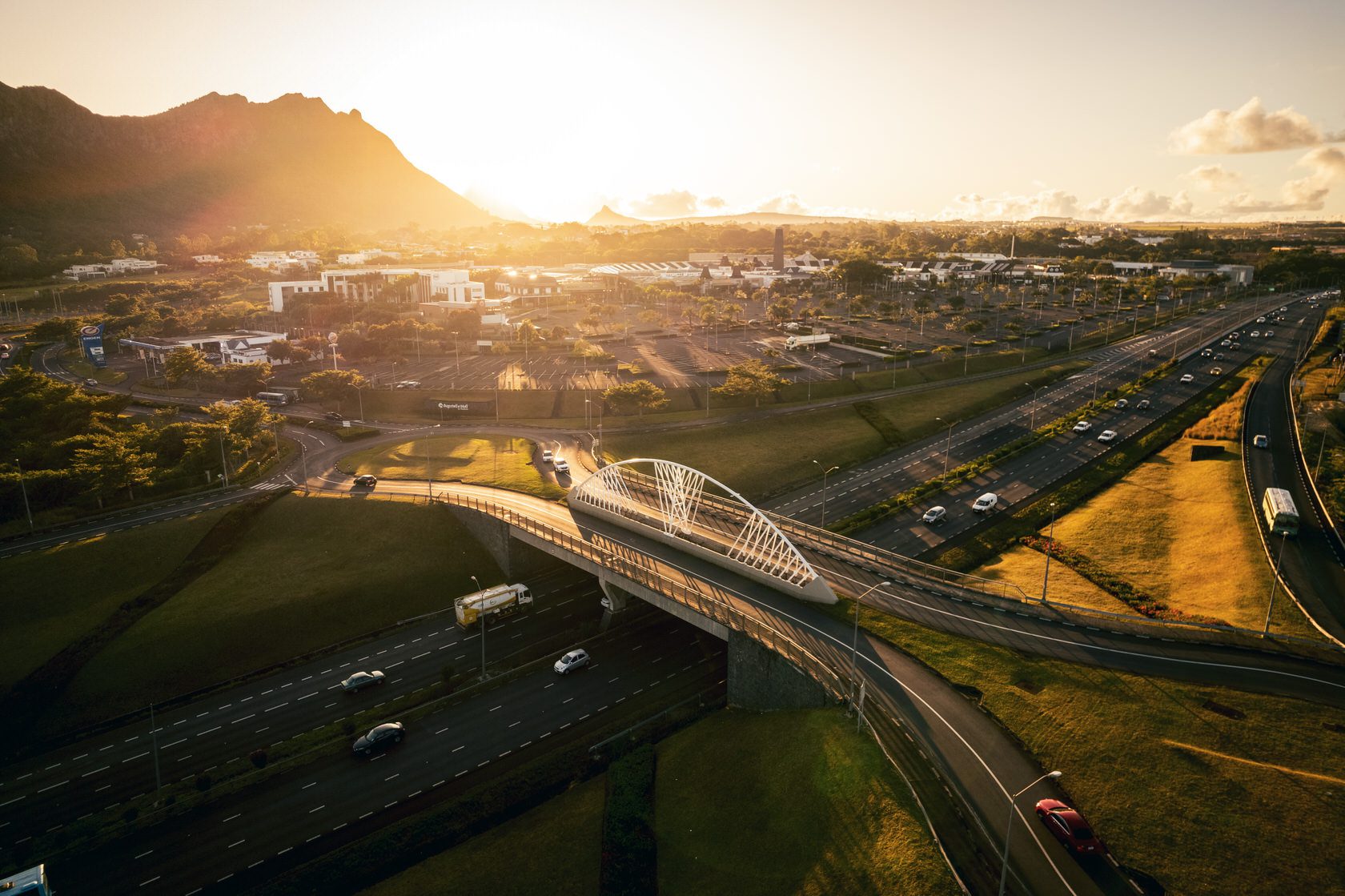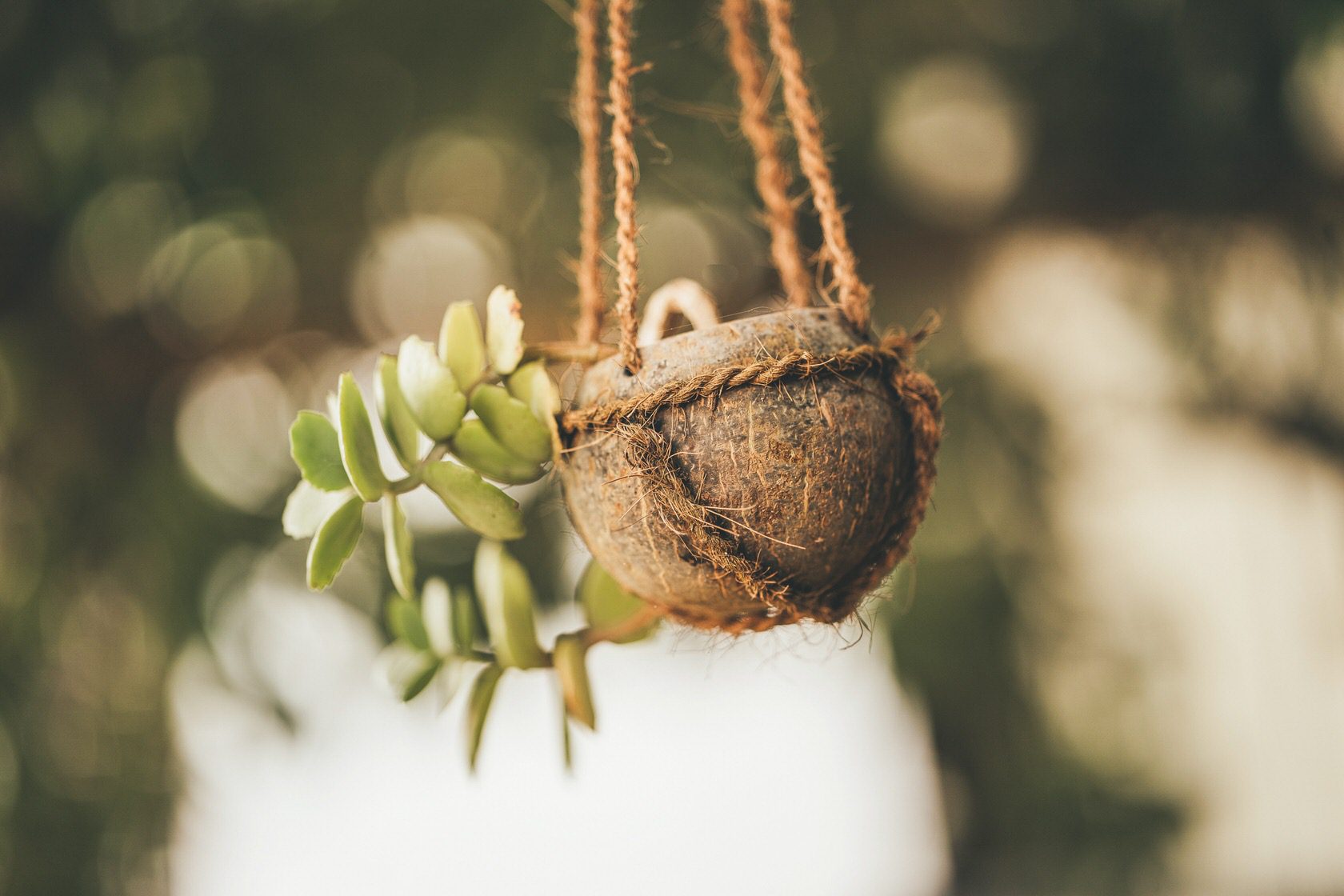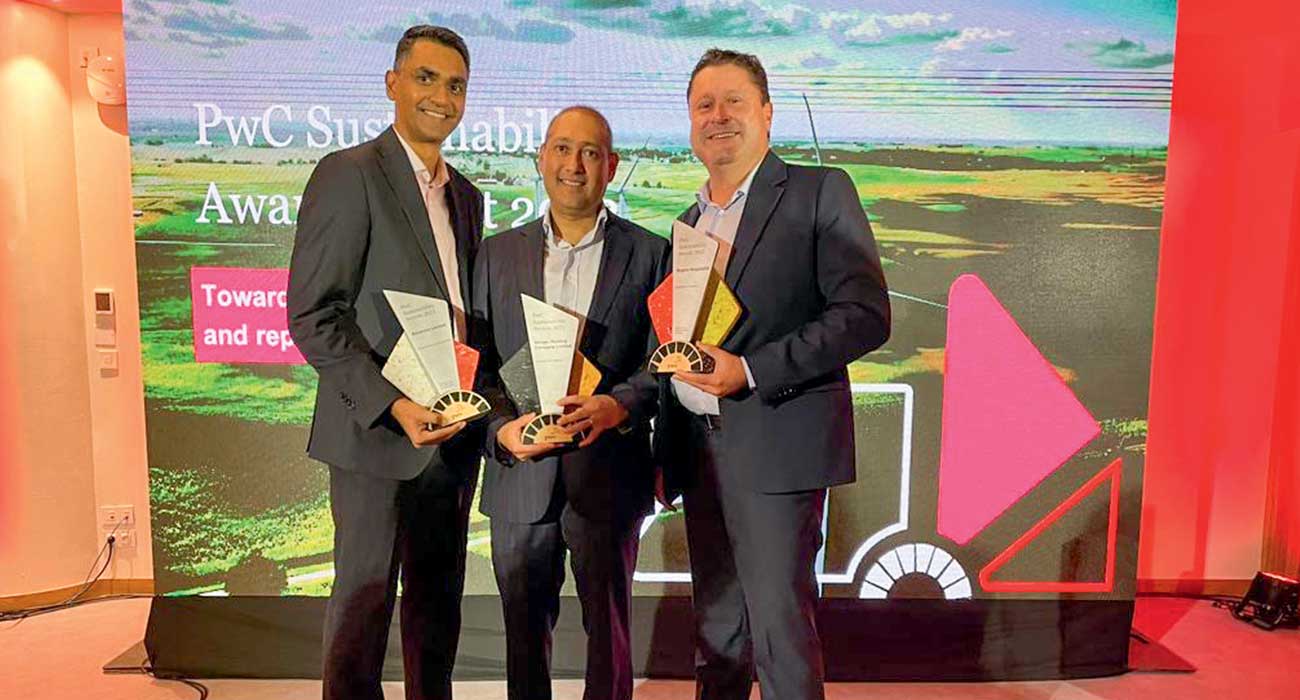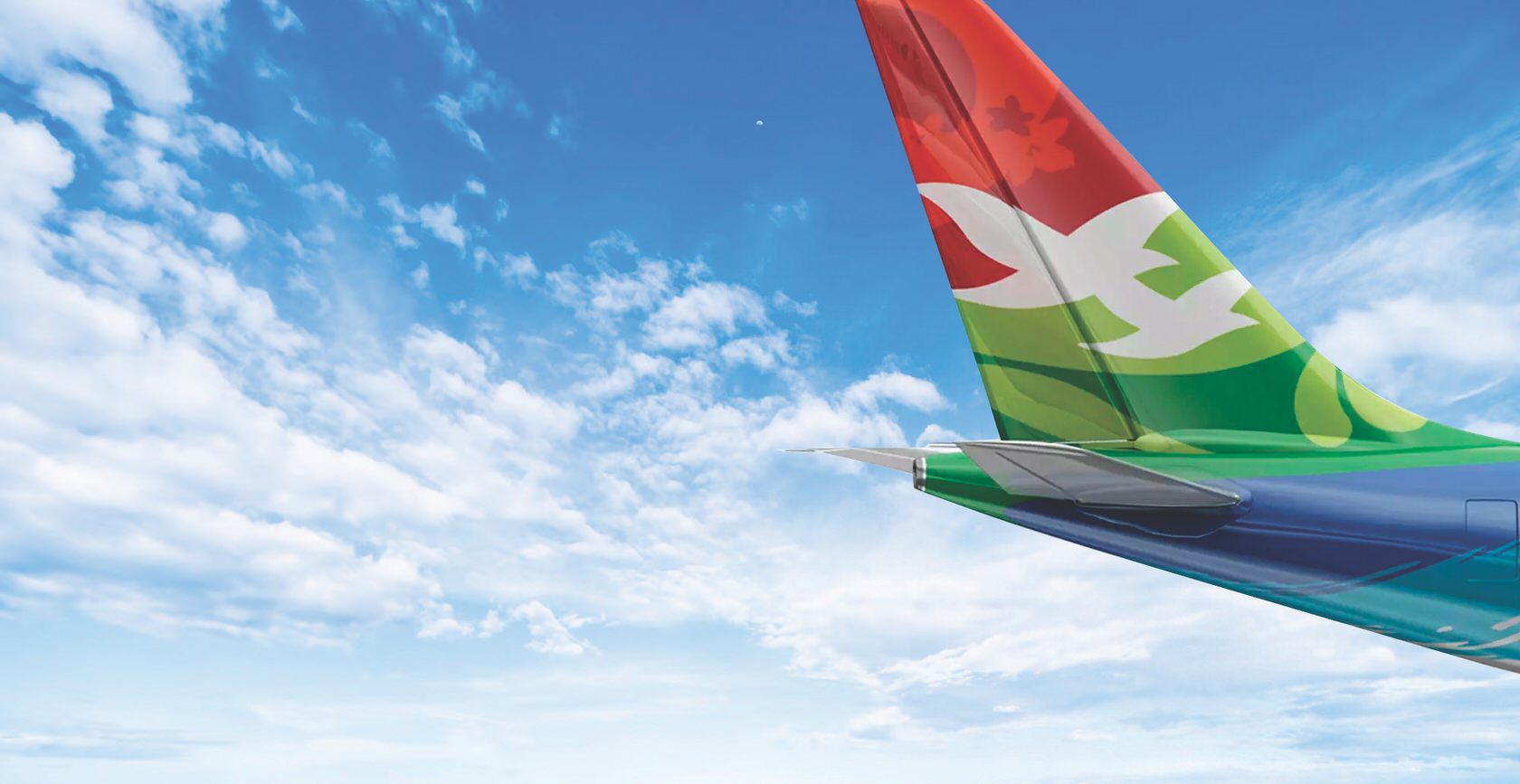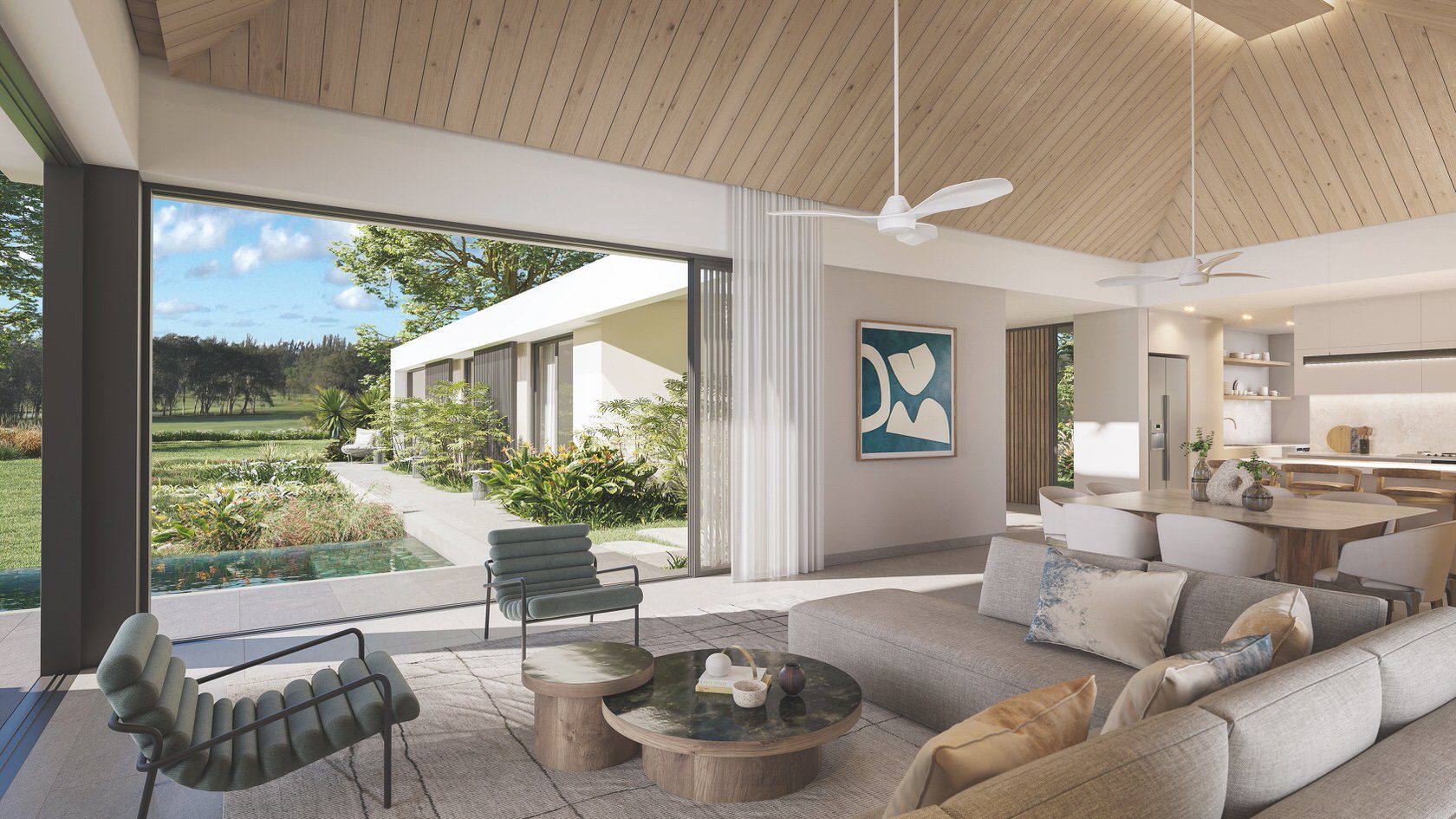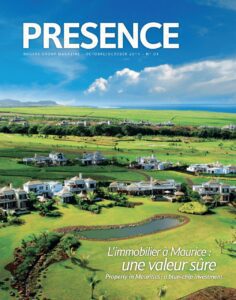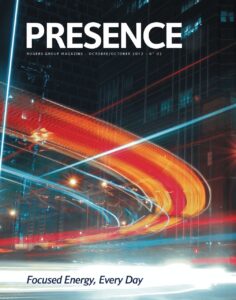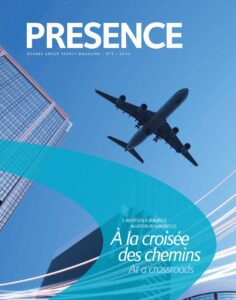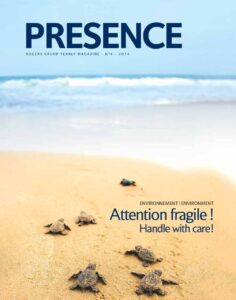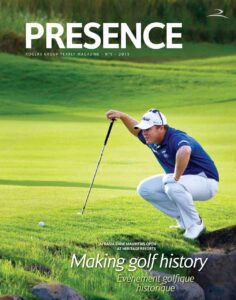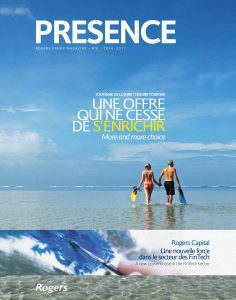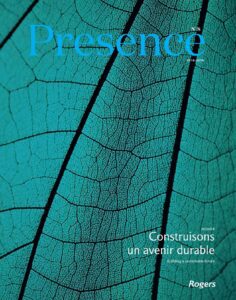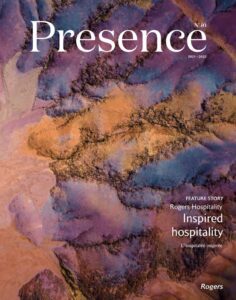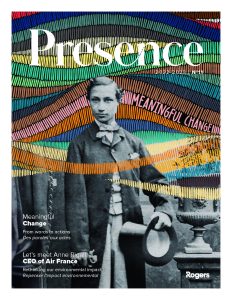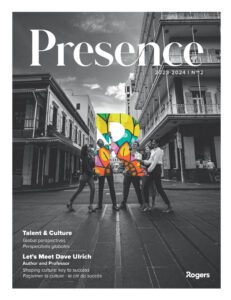Rogers' social, environmental, and economic commitment is not new. For years, the group’s strong sustainability policy and the foundation’s support for various Non-Governmental organisations (NGOs) has demonstrated the Rogers group’s
Towards carbon neutrality
Taking action on climate change means acting with our common future in mind. To this end, Rogers joined the Science Based Targets Initiative (SBTi) in August 2021, committing to reducing the group’s greenhouse gas emissions by 46.2% by 2030, and to achieving carbon neutrality by 2050. Thanks to the scientific tools offered by the SBTi, companies can define targets aligned with those of the Paris Agreement. An action plan has already been put in place, with a focus on the activities that produce the highest CO2 emissions, to mitigate the impacts of global warming while ensuring sustainable business growth.
Among the changes the Rogers Group has already implemented, Rogers Hospitality deserves special mention. The hospitality division has called on the services of Aera, a pioneer in carbon footprint assessment and carbon offsetting in Africa, to neutralise the emissions linked to its hotels in southern Mauritius. The two Heritage Resorts hotels started offering zero-carbon stays on October 1st, 2021, allowing Rogers Hospitality to offset 7,500 tonnes of CO2, a figure that corresponds to its 2021 emissions.
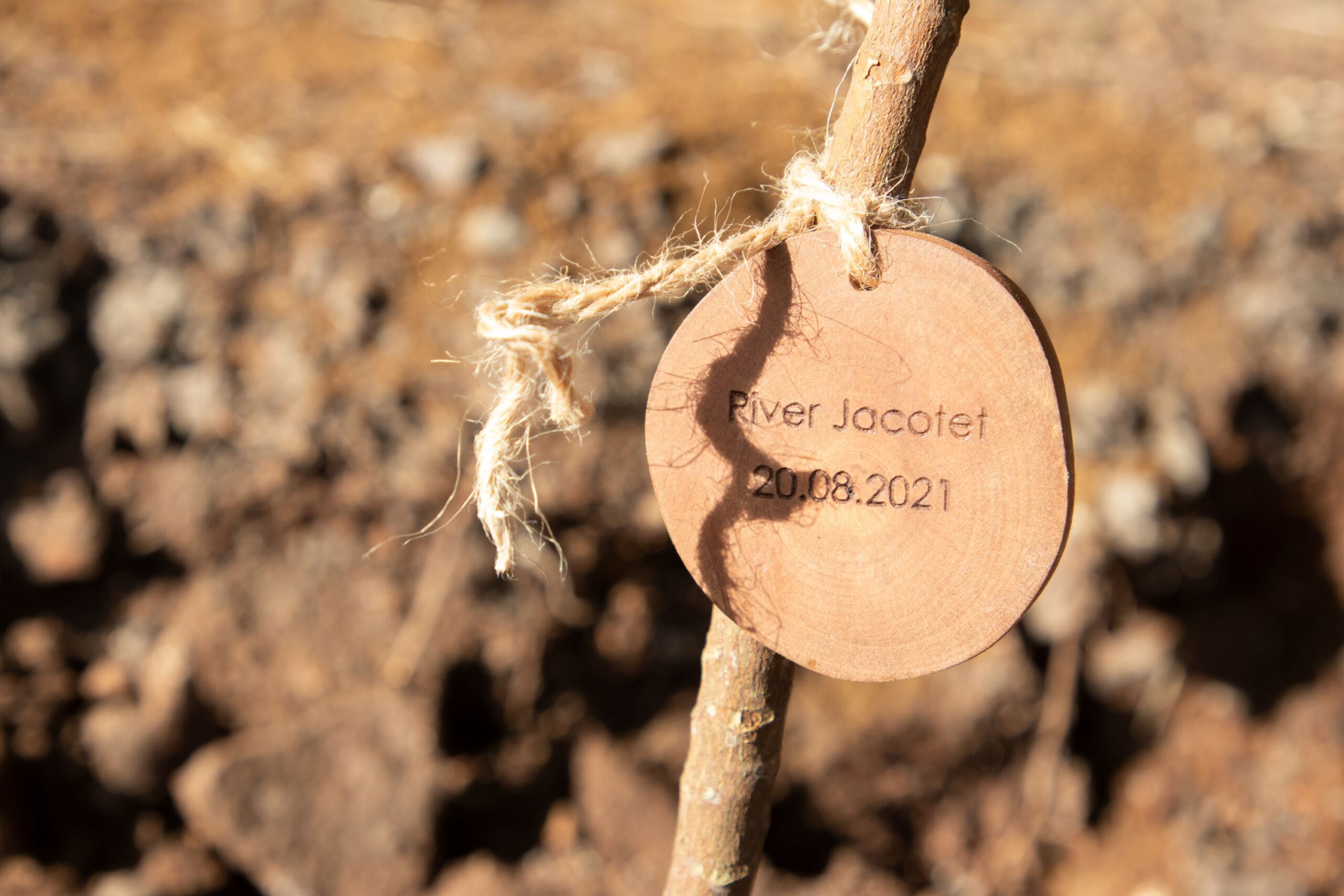
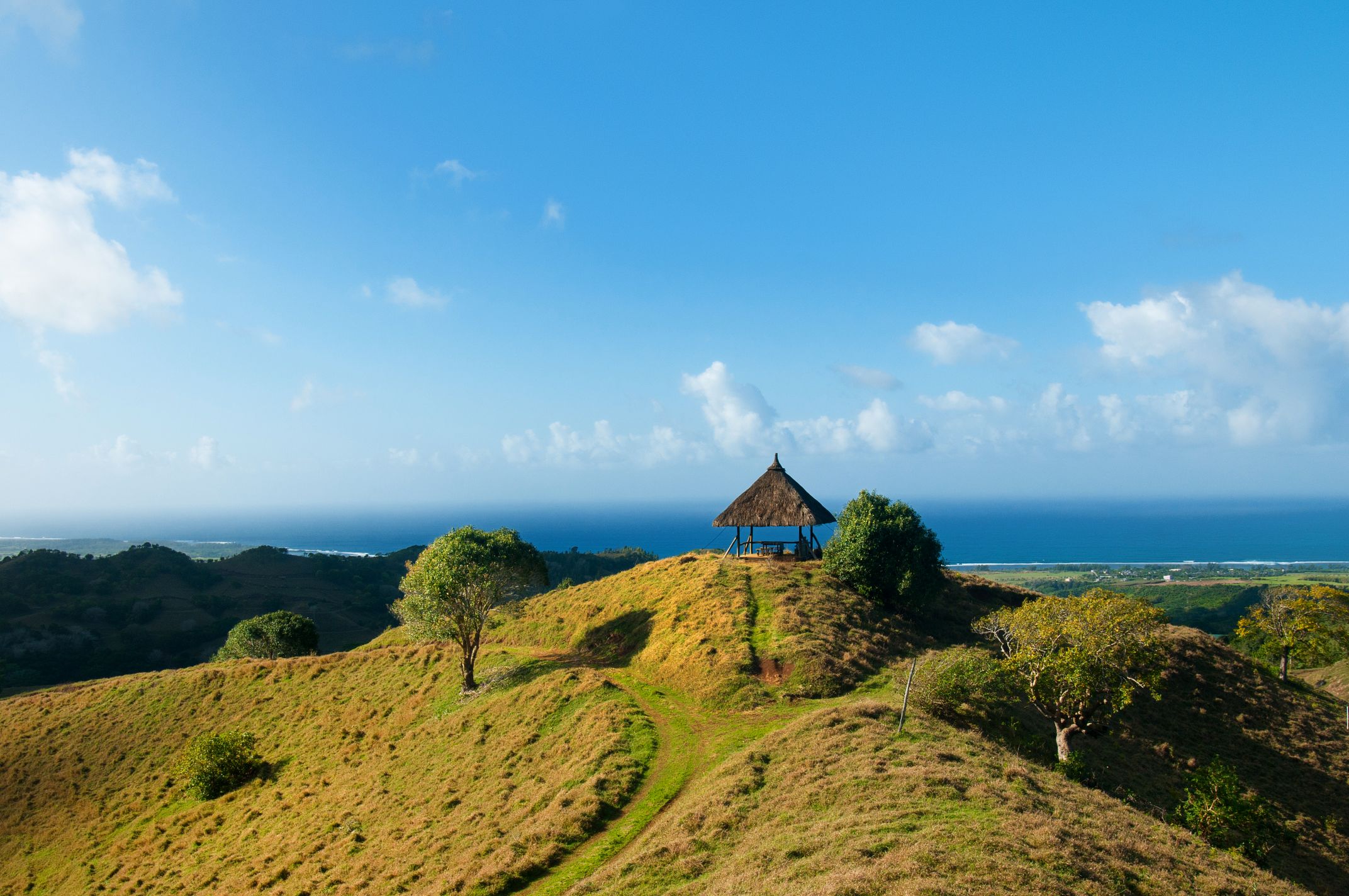
Preserving and protecting biodiversity
The Black River Gorges and Bel Ombre region – classified as a UNESCO World Biosphere Reserve since 1977 – spreads over 8,600 hectares. Approximately 1,600 hectares belong to Agrïa (Rogers’ agricultural division) and lie at the heart of Rogers’ commitment to biodiversity. This commitment includes raising awareness among employees and the public alike, promoting the preservation of local species, and integrating biodiversity into future development projects. One of the most important current projects focuses on the rehabilitation of the Jacotet River and the restoration of its banks. This includes removing invasive alien species from 9.8 km of the river and replacing them with native species. The project will have many positive outcomes, including restoring the river’s biodiversity, facilitating wildlife migration between the coast and The Black River Gorges National Park, and improving food management and erosion control.
Nothing is lost, nothing is created: everything is transformed
According to the French Agency for Ecological Transition, a circular economy can be defined as an economic system that aims to increase the efficiency of resource use and reduce our impact on the environment, while promoting the well-being of local people. To foster the emergence of circular ecosystems, Rogers wants to adopt smart farming practices and advocate for systemic change with government institutions. Today, 75% of waste from Heritage Resorts’ hotels is composted, recycled, or upcycled. The hotel group also works with the NGO FoodWise to recover, preserve, and distribute unused edible food to those in need. Ascencia’s shopping centres sort waste at the source – rubbish is sorted according to type before it is collected, facilitating eventual recycling.
Economic development that benefits everyone
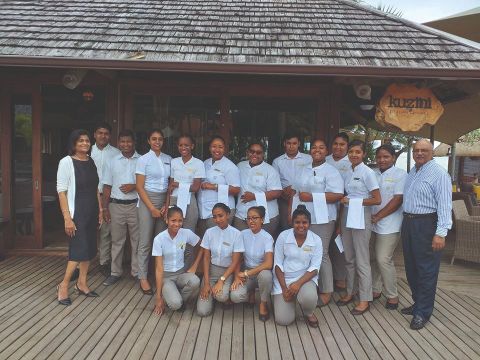
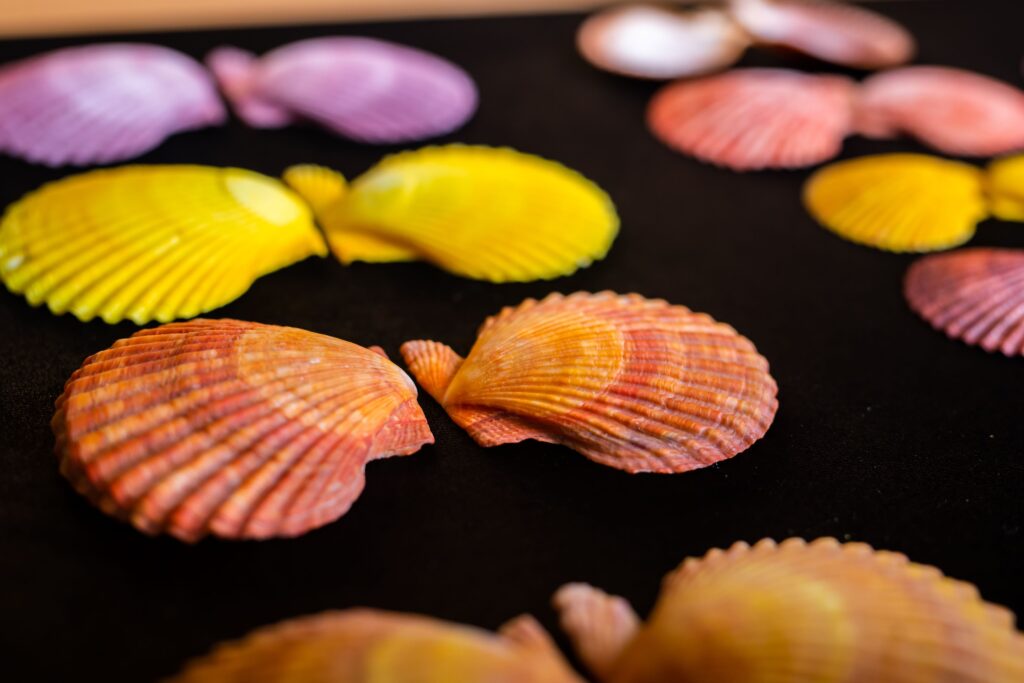
Helping the community grow alongside the group: as part of its inclusive approach, Rogers strives to encourage entrepreneurship, and to prioritise the purchase of local products and services, encouraging business and job creation in regions where Rogers Group subsidiaries operate.
The group also emphasises on education and training. For example, the Heritage Resorts Academy offers training to young people, with opportunities for employment in one of the group’s hotels. This project promotes economic inclusion, offers professional development opportunities, and facilitates the recruitment of qualified people who share the values of Heritage Resorts. To date, fifteen students have graduated from the Academy, with eleven more currently completing their training.
Vibrant communities
A warm and welcoming place to live… this is how Bel Ombre sees itself, with the active engagement of members of the public sector and local communities. Rogers’ ambition is to maintain an ongoing dialogue with local stakeholders and to encourage the creation of public spaces that celebrate history, culture, art, and well-being. Any new development will need to be undertaken responsibly and be based on sustainable building practices. The Château de Bel Ombre is the perfect example of the group’s commitment to preserving the historical and cultural heritage of Mauritius. The historic mansion was restored in 2017 by the Société d’Architecture Perrot & Richard, a Parisian architectural firm that specialises in the restoration and preservation of heritage buildings. The World of Seashells Museum, set up at La Place du Moulin in 2019, allows visitors to explore the marine environment, bringing together scientific, historic, and cultural knowledge about seashells.
